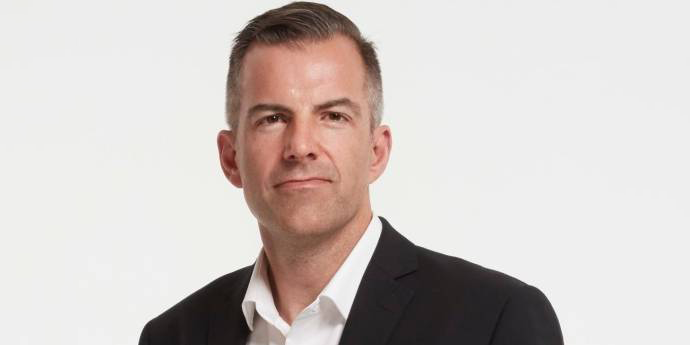What I’m reading – Stefan Speller
Director Stefan Speller shares why Patrick Lencioni’s leadership fable remains a go-to read for navigating dysfunction at the board table.

Wellington-based Phil Veal MInstD is the managing director of ForthCo and has governance expertise in private businesses, private equity, growth and global expansion. He currently sits on the boards of Natural Habitats, the New Zealand Air Ambulance Service, and is on the steering committee of the IoD’s Chapter Zero New Zealand.
This week, he shares why a book by Peter Zeihan prompted some big questions around the challenges facing New Zealand boards and businesses.
The End of the World is Just the Beginning: Mapping the Collapse of Globalization by Peter Zeihan.
Punchy, research-based, deductive. Zeihan is writing to figure out what’s going to happen next.
He mashes up geopolitics, demographics and scientific analysis on climate to try and figure out how the future might unfold – and most importantly, what you might want to do with that information. It’s an examination of what might happen as globalisation (partly driven by climate change) unwinds.
I think there’s some good opportunities and some stiff challenges for New Zealand in what Zeihan is articulating. What happens when climate changes the way in which the world grows and moves food? What happens when demographics change the arc of development in different regions? How should we respond in New Zealand? How should we respond in the businesses that we govern?
There’s a sense that we in New Zealand have some wonderful natural advantages. To make the most of those advantages, we’ll need to navigate the geopolitical currents carefully as globalisation unwinds. We’re a small motu at the bottom of the world, so we probably need to be better at this sort of analysis and thinking than folks in bigger countries closer to the centre of the world.
I think about reading as learning and it’s either about breadth (Zeihan) or depth (reading to learn or enhance technical or industry-specific skills, for example).
One of the most important things I’ve learned is that most things are a shade of grey rather than black and white – so I’m better able to respond if I go away and do the reading, talk to people who can help me learn and form a considered view.
I’ve got to work to ensure I’ve got the breadth or the depth to contribute to the issue at hand.
‘Breadth’ books like Zeihan’s are a great resource for people at any stage of their governance career.
That’s because governors need to be thinking about what might happen next. It’s usually a lot harder than thinking about what just happened (last month’s management report, for example), but it’s even more valuable to the organisations that we govern.
There’s something meditative about getting lost in a good work of fiction. I’ve just finished Great Circle, a novel by Maggie Shipstead that traces the arc of a Jean Batten-esque aviator who is drawn to explore the unknown. It’s a narrative with an interesting connection to New Zealand that’s hard to explain without spoiling the story.
I’m also re-reading Lloyd Jones’ novel The Book of Fame about the 1905 All Blacks Originals tour of the UK. It’s a stellar snapshot of a team, a leadership group and our entire country maturing into independence and finding a voice: “There were no reliable works … we were left to figure things out for ourselves."
Climate and biodiversity because, as governors, we have an important role in protecting and enhancing our planet and our society.
Productivity, because our collective failure to grow productivity meaningfully in New Zealand in the last generation or two is something that we as governors need to help fix.
I’m almost always unreasonably impatient. As the Buddha said: “The trouble is you think you have time.”
I admire people and organisations that can move quickly, because they tend to get more done.
Also, in many board roles over the years, I’ve learned that the ability of the board to function well as a team is just about the most important thing. And, perversely, it’s the hardest thing to set aside time as a board to learn to be a better performing team.
Directors’ book club maybe! It would force us to broaden our thinking and demonstrate that we were doing the thinking required to do our governance jobs well.
If there is a book on your radar that you’d like to share, send an email to: sonia.yee@iod.org.nz